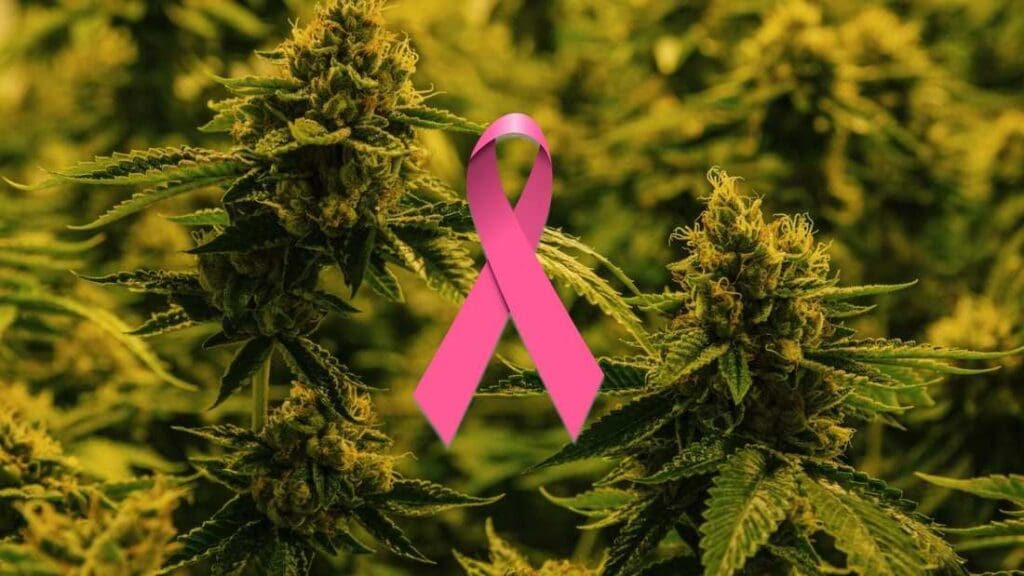Featured Products
CBD PRODUCTS


Be Pain Free Global is a trusted natural medicine provider making a difference in people’s lives worldwide.
Our reviews and testimonies speak for themselves. We focus on providing the best medicine and customer care for our clients
Learn more about our support process, how you can contact us at BPFG, and how we are here to help you.
We have a 10-business day replacement policy, and we take all inquires very seriously. We are committed to quality products for you.
The Ultimate Cannabis And Health Education Platform Presented By Be Pain Free Global.
At BPFG, we work hard on collecting relevant videos for cannabis consumer education.
Just cannabis? No. We are all about consciousness, vision, proper nutrition, and holistic health.
We have compiled great resources to help understand the benefits of cannabis for your health.
Check out what’s smoking on our strains and terpenes list. Featuring best strains curated by our editor.
Indica's are known for their calming and sedating properties, usually leading to munchies, and sleep.
Sativa's are known for their ability to produce energetic feelings and creating a positive uplifting euphoria.
Hybrids are a very popular with cannabis consumers due to the initial uplift followed by relaxation.
Every case is different and requires individualized care. We have some great tips for doctor reccomendations.
Join our collective with a valid California medical recommendation to gain access today
Get the details on how our affiliate program works and how you can benefit by referring others
Become a Be Pain Free Affiliate and earn lifetime commissions for your referrals


The words, “It’s cancer” often strike terror into the hearts of the patients and caregivers hearing them. Historically, cancer was a “death sentence”, with that death being preceded by suffering,
pain, and mutilation. Cancer was believed to be a “vicious, unpredictable, and indestructible enemy” 1 ,and those diagnosed and/or treating it were tasked with “fighting the war” against it. In
my almost 10 years as the only psychiatrist at a hospital for patients battling advanced and late stage cancers, I worked with thousands of patients and families, supporting them through their
journeys, and therefore feel uniquely qualified to speak to the emotional toll experienced as partof this battle.
Fear is the predominant emotion described by cancer patients and their families: fear of pain, suffering, bodily changes, disability, and death. Patients were referred to me for feelings of
depression, anxiety, stress, sadness, devastation, loss and mourning. They described feeling demoralized, betrayed by their bodies, and as if their “world was falling apart”. They showed
signs of Post Traumatic Stress Disorder and their emotional struggles impacted their abilities to sleep, eat, and function in their families, their jobs, and within their social spheres.|
There were many social implications to the diagnosis of cancer as patients expressed concerns about being stigmatized and blamed, as if their disease was a punishment or a result of bad
behavior. They were worried that they would be judged and shamed, and many also worried about becoming a physical, emotional, and financial burden to those they loved.
Breast cancer added another facet of upset. To many people, the breasts are a symbol of femininity and motherhood, and the surgical “loss” of them left many patients feeling like “less of
a woman”, and fearing the loss of their intimate partner because they are unattractive, incomplete, or sexually “compromised”. Men with breast cancer ( about 1:100 diagnosed cases
2 ), also deal with the difficulty of suffering from what has been thought to be a women’s disease, and often report feeling left out and isolated.
In order to help them cope with their disease, I spoke with patients about finding a “hidden benefit” in their cancer diagnosis. It seems counter-intuitive, but many of the most successful
patients with whom I worked spoke of seeing their cancer diagnosis as a “wake up call”. It helped them to become more aware of the value of their time, and more thoughtful about the
ways they spent it, enabling them to let go of the constraint of “that’s how I’ve always done it” in exchange for pursuing their dreams and passions. They began seeing “playing the cancer card”
as a permission slip allowing them to free themselves from “oughts” and “shoulds”, realizing that just because they are asked to do something, or have previously done it, doesn’t mean that they
need to do it now.
Patients spoke of becoming more “mindful” and aware, learning to slow down and appreciate their experiences, to live in the present. Their goals shifted from material gains and work recognition to satisfaction and peacefulness, making self care a priority. In their interpersonal relationships, they felt more motivated to clear up misconceptions and vocalize their thoughts and feelings, understanding that “this is not a rehearsal”, that one can only completely count on the now. They coped with their “loss of identity” by determining different, more personal ways they wished to influence and inspire others, recognizing the importance and power in being a role model for how one faces the unknown and uncontrollable. Not all these changes can be made immediately, and there will certainly be strong feelings of grief, anger and frustration, but it is possible that a cancer diagnosis can also open doors for people to move towards greater meaning and purpose in life.
1 “What Do People Fear About Cancer? A Systematic Review and Meta-Synthesis of Cancer
Fears in the General Population” Psychooncology, 2017 Aug; 25(8): 1070-1079
2 “Breast Cancer in Men-CDC https://www.cdc.gov >cancer > men
Be Pain Free Global Is A Recognized Leader In The Medical Cannabis Space. If you would like to learn more about Be Pain Free Global, how to get your medical recommendation, or how to join our collective, you can reach out to us via the chat button on our website, or call us at 1-888-420-3848.